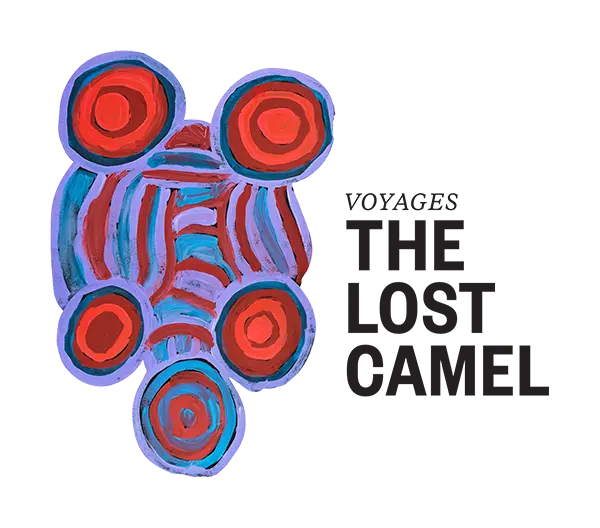

The Lost Camel Hotel


The Lost Camel Hotel is a contemporary and fun, boutique-style hotel conveniently located in the heart of Ayers Rock Resort, only 20 minutes from Uluru. Furnished in a stylish mix of Aboriginal and urban themes, The Lost Camel adds a unique and surprisingly edgy accommodation option to the collection of hotels at the Resort. Compact rooms are decorated in bright colours and crisp, clean whites, and a variety of room configurations are available. Please be aware that our rooms have been designed without external windows. We have carefully crafted a cozy and unique ambiance to ensure your comfort and relaxation.
The Lost Camel Hotel Amenities







Featured Amenities
Behind The Logo
Julie Brumby has painted a vibrant description of her beloved desert landscape, in it the many rolling sand dunes, and most importantly; the waterholes.
Explore the significance of the waterholes and how they influenced Julie’s work.

Join Us on Our Mission to Make a Positive Impact

Environment
Our sustainable approach to business means we tread lightly and care for our Country, so you can take pride in your stay.
Learn More
Social
Your stay helps us grow Indigenous employment and local-owned businesses, boosting the region's economy.
Learn More
Governance
We always strive to operate responsibly, that’s why we consistently engage with Indigenous communities and stakeholders.
Learn More








